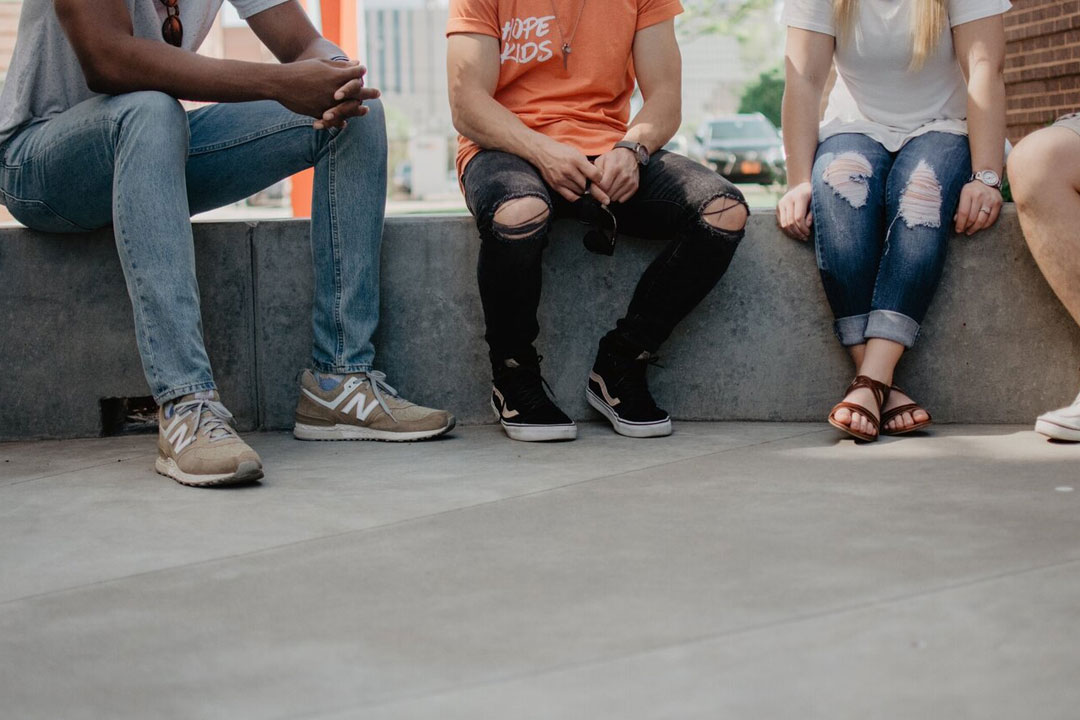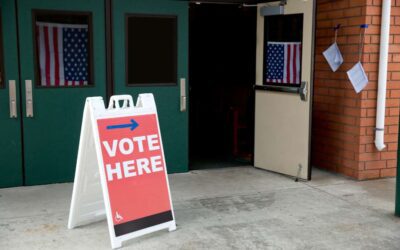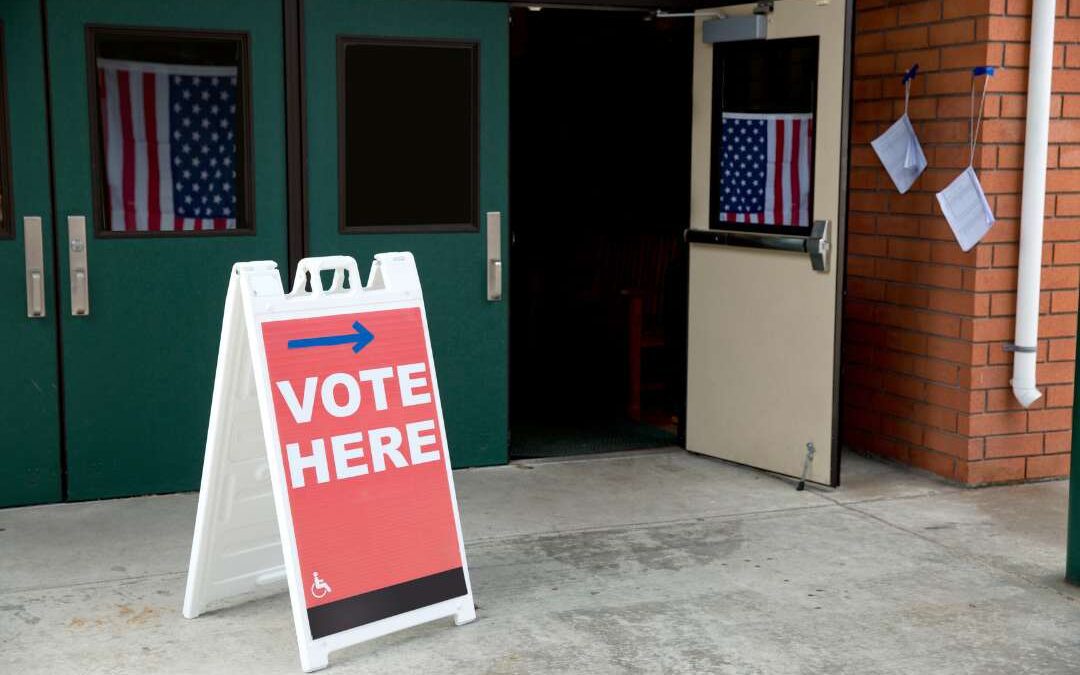I pastor an English-speaking church in a non-English speaking country. Pastoring a so-called “international church” means that unity and diversity are constantly on my mind, and the Comfort of Kinsmen. I’m often encouraging people to spend time with those who are not like them. When the Filipinos are all circled together in one place, the Nigerians in another, and the Americans scattered throughout in twos and threes, I’m tempted to think of that as at best a sort of necessary evil.
Folks like me, who are the majority culture in most spheres of our lives, can wrongfully denigrate the comfort that people who are like us can provide in our mission to encourage unity in diversity—as though those are “beginner” Christian relationships. But just as we celebrate the gift of friendships in the church with those unlike us, we should celebrate the gift of friendships with those like us.
1. Give thanks for friends who are like you.
The book of Colossians celebrates Christian friendship. In it, Paul rejoices in the love for all the saints the Colossian church has. He especially marks different friendships the Lord had given him in that often neglected section of his letters: the greetings.
Consider the way Paul describes the three men, Aristarchus, Mark the cousin of Barnabas, and Jesus who is called Justus. These three “are the only men of the circumcision among my fellow workers for the kingdom of God, and they have been a comfort to me” (Colossians 4:11). At this point in Paul’s ministry, these three (1) were the only fellow Jews among his coworkers. And they were a comfort to him.
Different Christians are given different gifts. We’re also given different relationships within the body. For example, I relate to my wife in a way different than I do to any other sister in Christ. She is a unique encouragement to me, in ways no one else is. Yet it would be discouraging if she was the only Christian I knew. Friendship with Christian brothers is uniquely encouraging to me in a way that my wife cannot encourage me—not because of any fault in her, but because there are some aspects of my life that another man can understand and relate to differently, more intimately to, than even the person who overall knows me best.
As painfully apparent as the previous paragraph may be, it still feels a little wrong to acknowledge—let alone appreciate—that someone ethnically like me can especially comfort me in Christ. It feels to my unity-across-diversity sensibilities a bit like saying the gospel doesn’t totally work. But that seems to be precisely what Paul is saying about Aristarchus, Mark, and Justus. The only reason he provides for why they were a comfort to him was because they were fellow Jews.
This is the same Paul who wrote just one chapter before that there was neither Jew nor Greek in Christ, but Christ is all!
Our unity in Christ doesn’t obliterate our ethnic differences any more than it obliterates our differences as men and women. Nor does our unity mean we should reject the commonalities we share other than Christ. Rather, in Christ, those commonalities are put in their proper place. They are a gift. Just not the main gift.
In many conversations, we tend to crave an on/off switch. We want something to be all good or all bad. We want ethnic identity to be everything or nothing. But it’s not. It’s good for black Christians to have other black friends. It’s good for white Americans to be friends with white Americans. It’s not good for that to be the extent of all our Christian relationships, if we can help it. We mustn’t exalt our race or ethnicity to the point that it determines to whom we’re willing to extend the right hand of fellowship. But neither should we act like we don’t enjoy the gift of a brother or sister who knows something more of us because of that shared experience, life, and identity. To do so is to deny one of the comforts the Lord has graciously given his children.
2. Celebrate those who pursue cross-ethnic friendships for the sake of the gospel
Recognizing the goodness of the gift of same-ethnicity friendships—one that many Christians in my part of the world can’t enjoy—is good to do, simply in order to give thanks to the Lord for it. But it should also help us better appreciate brothers and sisters who, like Paul, give up that privilege for the sake of gospel advance.
Consider the cultural context of the early church. Jews were a minority in the Roman Empire. A minority with a long history of being oppressed and marginalized—across multiple empires. Inside the church, though, Jews were the majority! Not only were Jews the majority of Christians in those early days, all of the initial leaders were Jews. Additionally, the cultural norms of Christian worship would have been far more familiar to Jews than Gentiles: the Scripture, the ethical standards, and the Messiah of the church were all Jewish in origin!
Yet in Paul’s comment that only these three men were fellow Jews among his coworkers, we see some of the relational cost Paul chose to bear in his ministry. He fulfilled his calling as the apostle of the Gentiles not by simply ministering to Gentiles—but by building up and equipping Gentile believers to also serve as ministers of the gospel. Though culturally speaking Jews would have been that much easier to train for ministry, Paul raised up Gentile men and women to serve as fellow laborers.
Consider just some of the relational cost of this decision. How lonely would it have been for Paul, a man who had been such a faithful and zealous Jew, to choose to surround himself with friends who didn’t celebrate or know what it was like to celebrate Yom Kippur or Purim?
Paul’s efforts to build friendships with Gentile Christians led to the loss of his culturally comfortable home. Just as Paul gave up the right to get married in order to advance the gospel, he also gave up the privilege of staying among those who were like him.
Yet if Paul had not surrounded himself with Gentiles as fellow laborers, could the church have survived? Would the gospel have reached you and me?
When we acknowledge the good comfort we can find in knowing kinsmen according to the flesh in Christ, we can better understand and count the cost of seeking unity across those natural lines. That puts us in a far better position to be able to pursue the unity God has provided us in our Lord.
(1) Or possibly two. It’s grammatically ambiguous as to whether Aristarchus is included in the designation, and his name is Greek, so people are unsure.
Prayer Requests:
- Pray that Christians would encourage brothers and sisters who feel the loneliness that comes from not knowing believers of their same ethnicity or race.
- Pray that churches would help their members appreciate the cost of loneliness members of the cultural minority in the church pay, and honor those saints for their particular sacrifice.
- Praise God for the comfort of Christians who share your ethnicity or race (if you have them).










